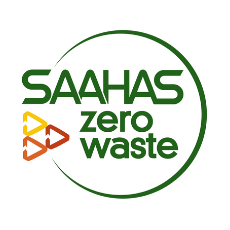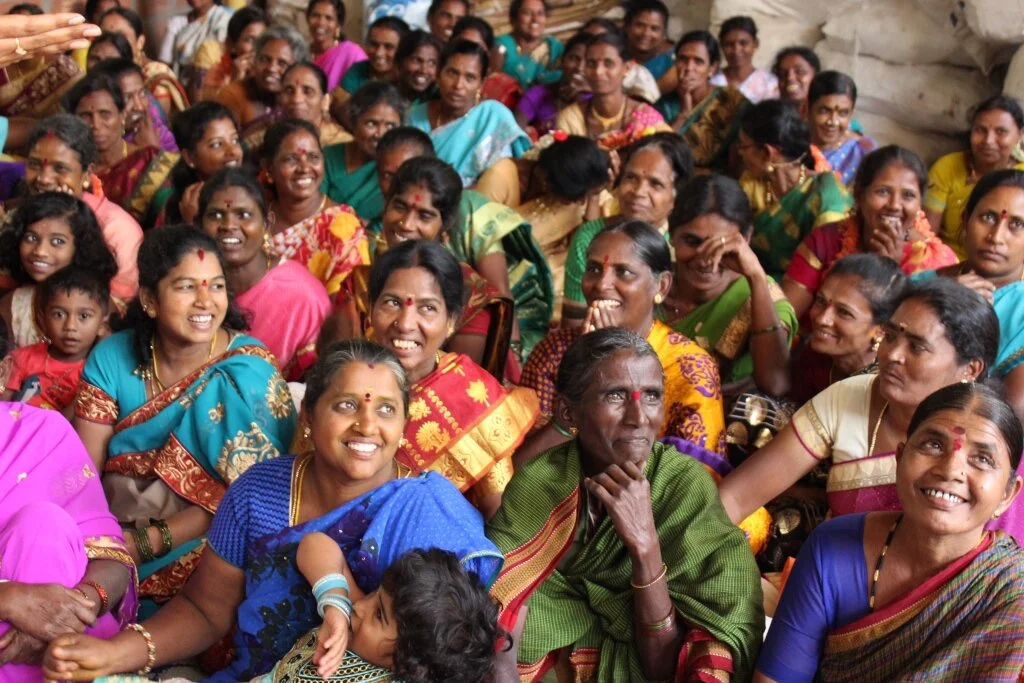Saahas Zero Waste
Saahas Zero Waste
Reducing waste and providing improved livelihood opportunities for the BoP in India.
BCTA MEMBERSHIP STATUS
Active
SECTOR
Water, Sanitation & Waste Management
HEADQUARTERS
India
REGION OF INITIATIVE
Asia & Pacific
SDG CONTRIBUTION
RELATED NEWS
Waste processing company Saahas Zero Waste joined Business Call to Action in December 2018 with a pledge to dramatically reduce the amount of waste destined for landfill by converting 122 tonnes per day into gas, compost and recycled products, while providing work for approximately 800 low income earners, including women, by 2021.
India generates over 150,000 tons of municipal solid waste per day. Most of this ends up either being burnt or dumped in water bodies, landfills or left in the open, which results in air, water and soil pollution. Compounding this, most of the waste management sector in India today is informal, where health and safety standards are disregarded, and vulnerable people living at the bottom of the economic pyramid (BoP) are exploited.
Saahas Zero Waste (SZW) has turned this issue into an opportunity by working to recycle waste and help formalise the waste management sector. According to SZW, up to 90 percent of resources can be recovered from waste, if managed close to the source by trained personnel. SZW runs decentralized waste processing facilities which turn biodegradable waste (about 60 percent of total waste) into compost, which can be used to replenish soil nutrients, or biogas, an environmentally friendly alternative to fossil fuels. Remaining waste that can be recycled is sent to authorised end destinations to be turned into new products, and the remaining 10 percent is sent to landfills for final disposal.
While the informal waste management sector in India plays a critical role in collection and bringing recyclables back into the value chain, workers have little or no access to minimum wages, social security benefits, personal protective equipment and other safety, health and environmental practices. To address this, SZW requires that all its partner industry actors must comply with minimum standards of health, safety and environmental protection and ensure than no child labour is used in its operations. In this way, SZW’s operations play a supportive role in formalising the waste management industry, including implementation of safety standards and compliance with law, a reduction in exploitation of vulnerable people, and contribution to the economy and state revenues.
SZW works with large technology and educational campuses, residential complexes and other bulk waste generators (premises generating more than 100 kgs of waste per day) to implement segregation at source, onsite management of biodegradable waste, transportation of other solid waste for further segregation at its materials recovery facility and finally to appropriate recycling facilities and co-processing units such as cement kilns and waste to energy plants.
All waste management activities such as collection, sorting, baling and composting are done by SZW employees, approximately 80 percent of whom are female low income earners. In this way, SZW is helping to create dignified, sustainable and safe livelihoods for them.

![Paper Bales[1] (1).jpg](https://images.squarespace-cdn.com/content/v1/6049e33a3512a120620cfe14/1620625680273-1J792POQG8OS9DJURA78/Paper+Bales%5B1%5D+%281%29.jpg)


![MRF 1[1] (1).JPG](https://images.squarespace-cdn.com/content/v1/6049e33a3512a120620cfe14/1620625938349-PWGXMN6XY9BF2J76WZIK/MRF+1%5B1%5D+%281%29.JPG)